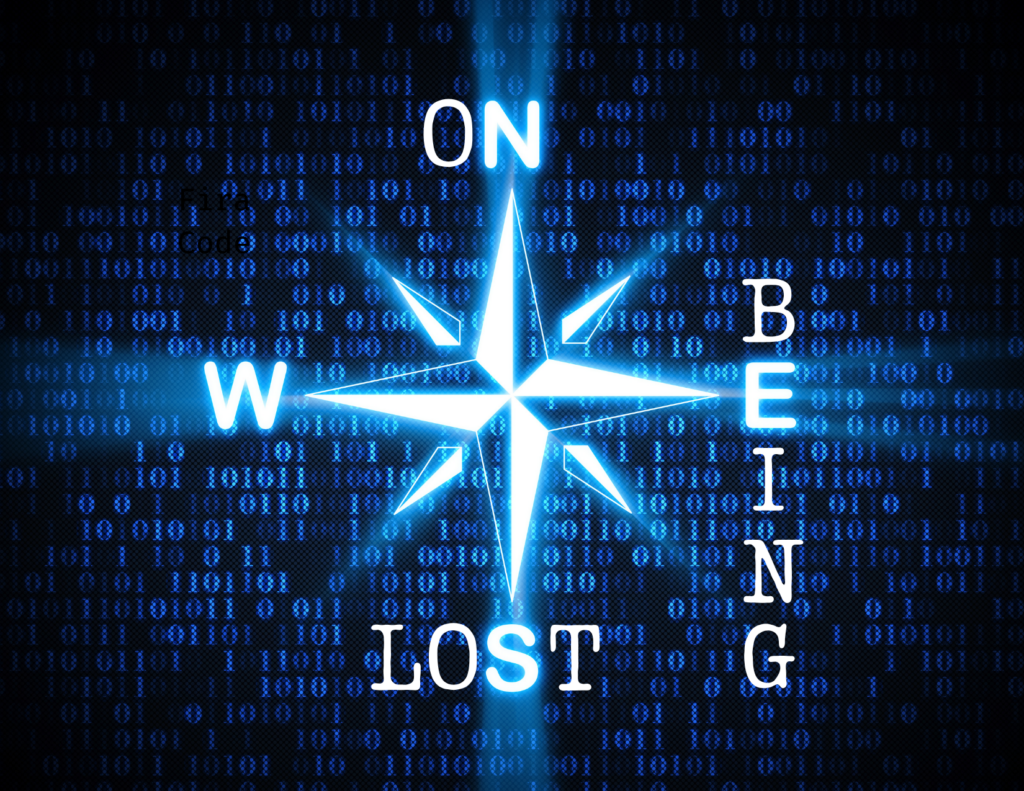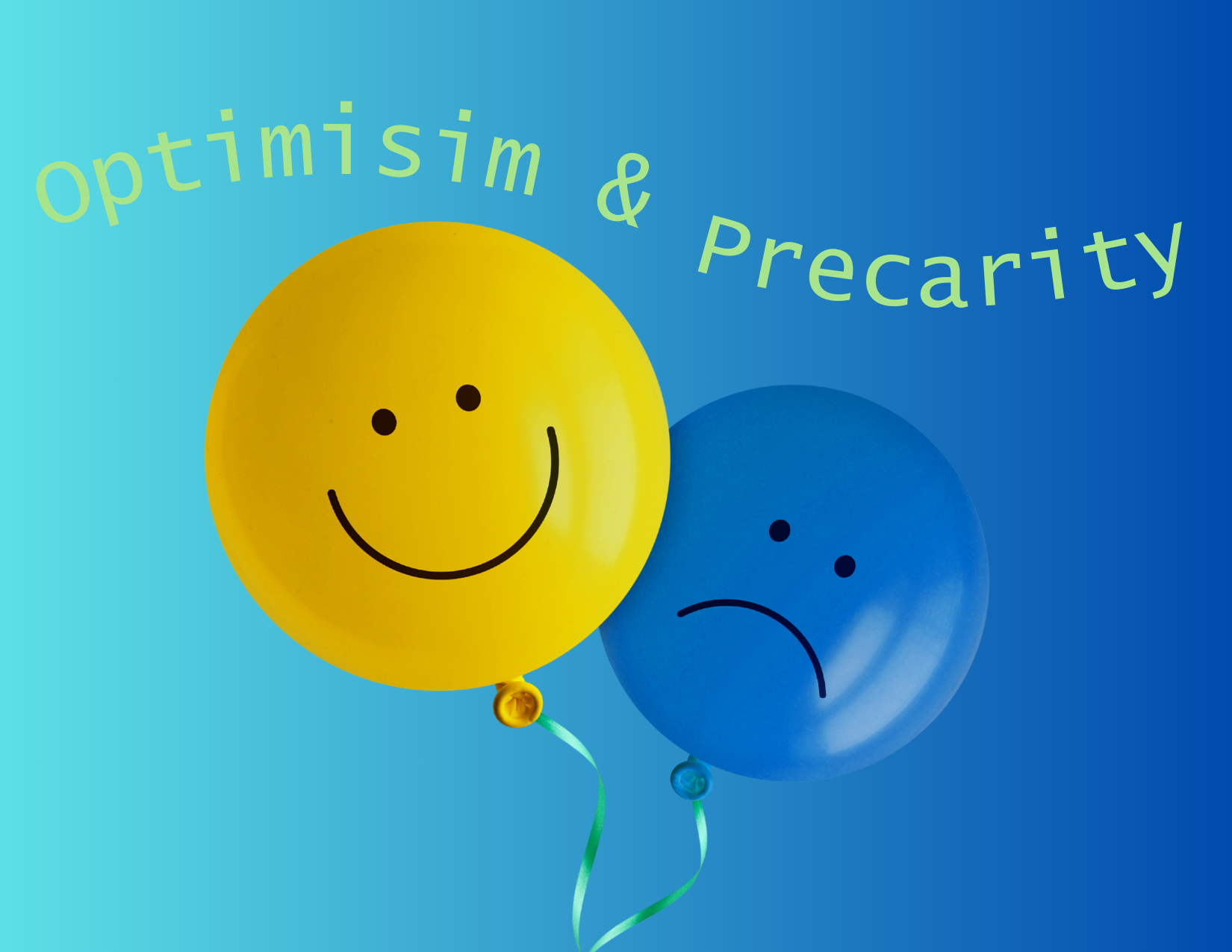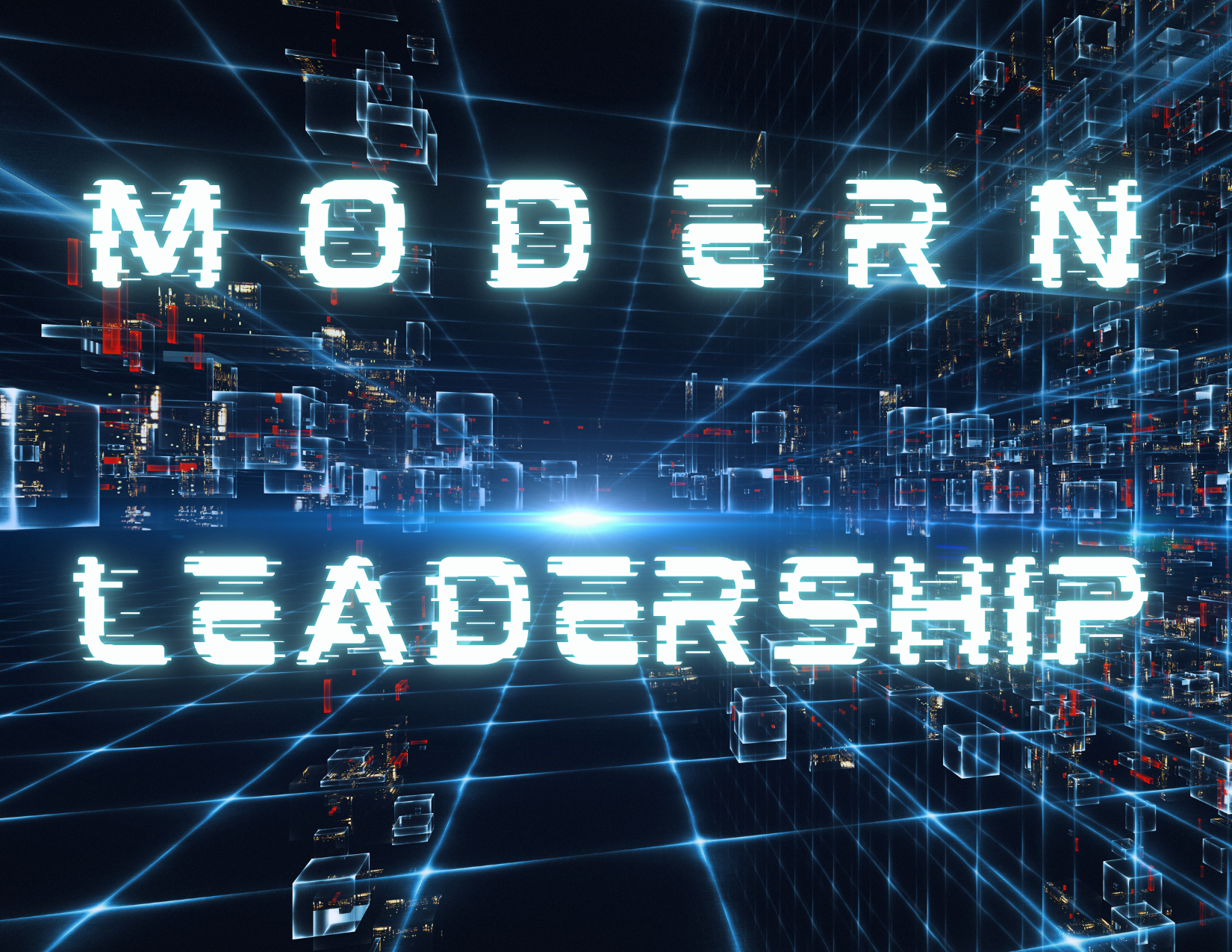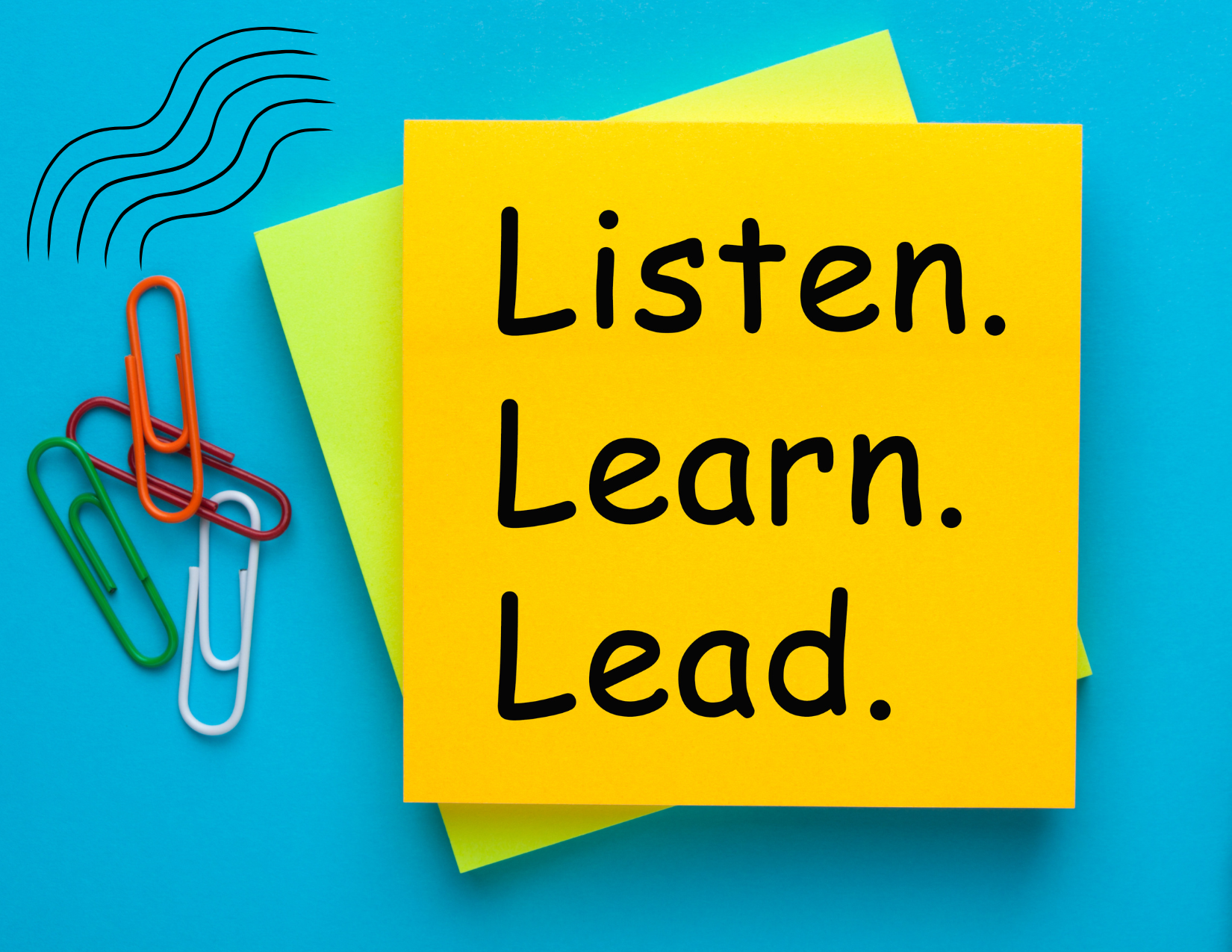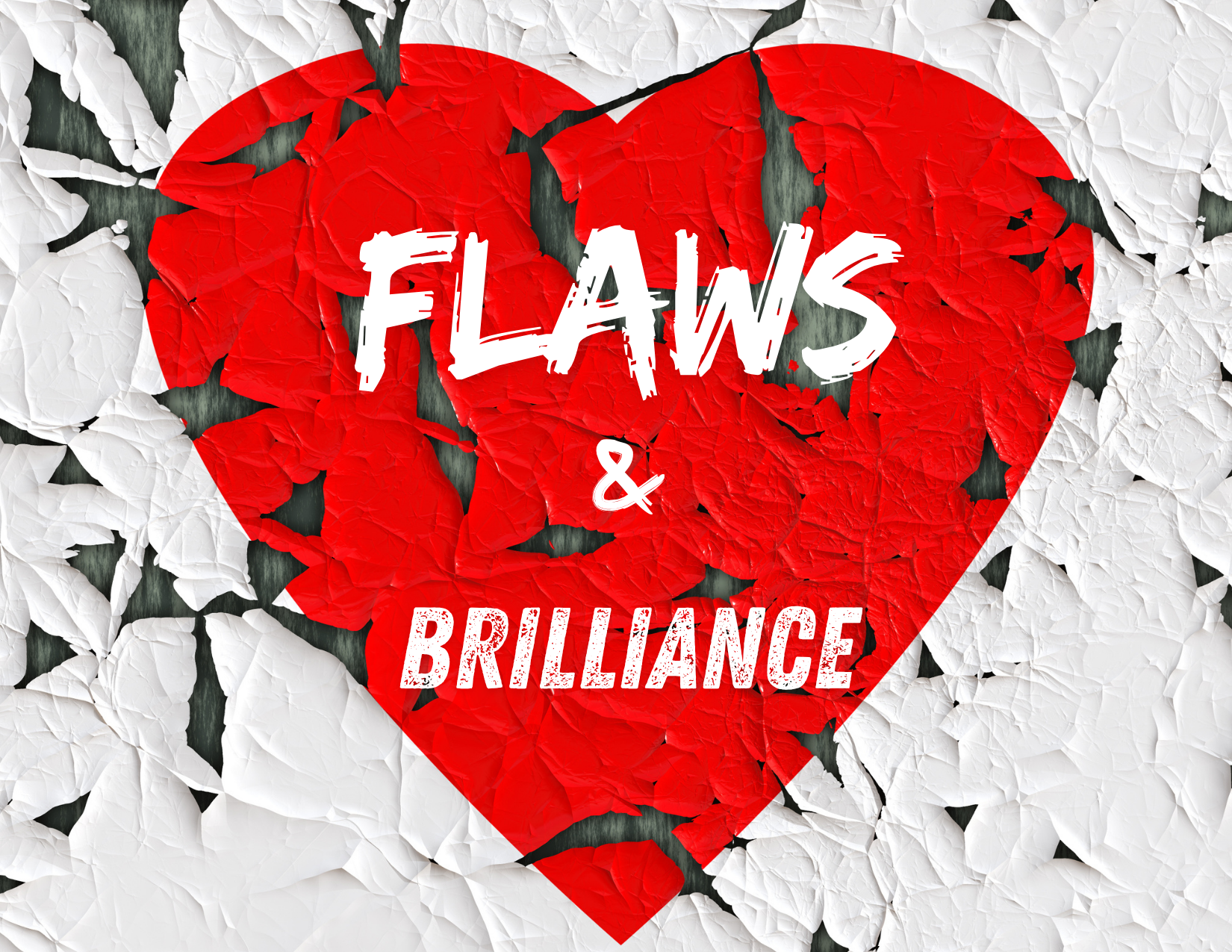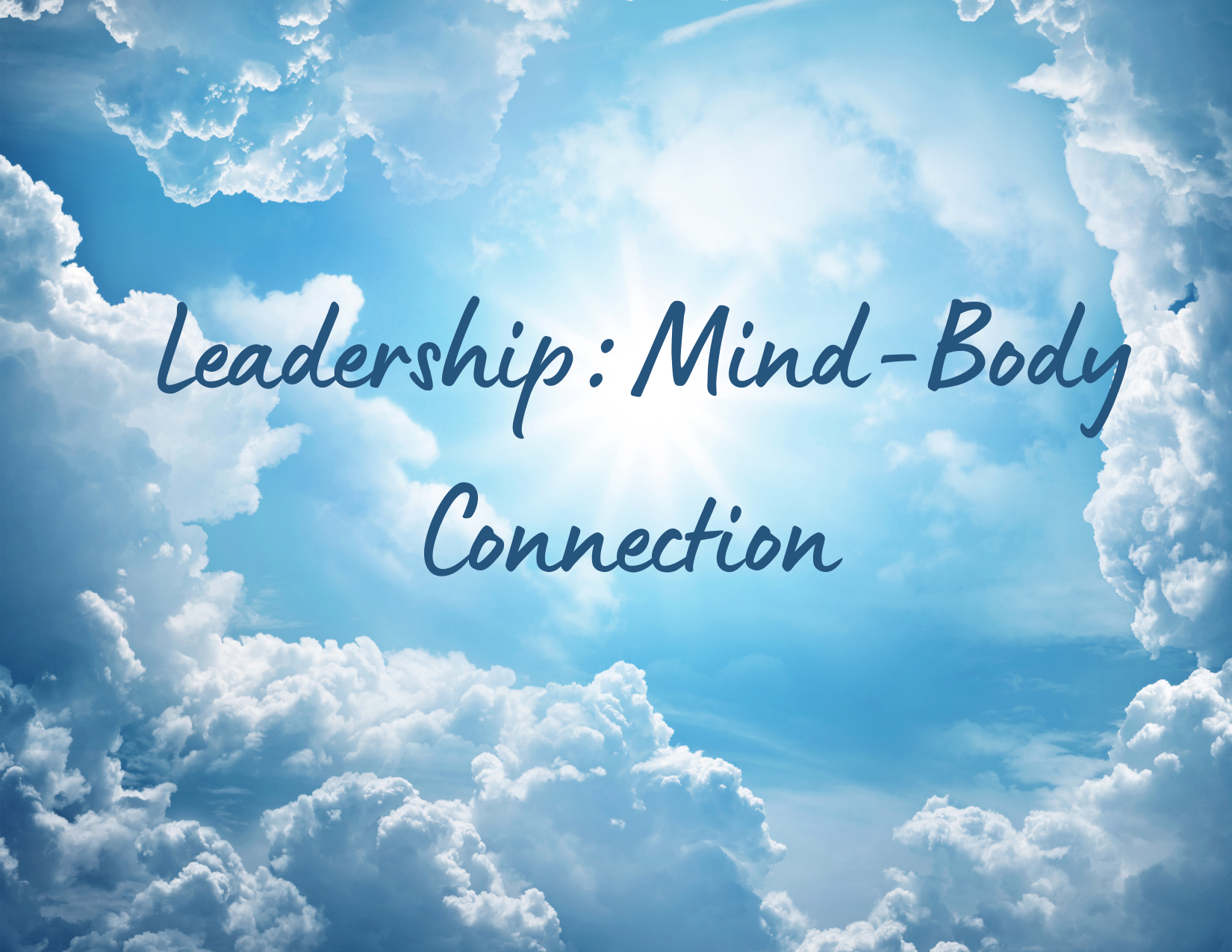That knot in your stomach when the path ahead seems unclear. The restless nights when your usual strategies feel obsolete. The quiet panic when you realize the map you’ve been following no longer matches the territory you’re navigating.
If you’re experiencing any of these feelings, you’re not alone. And more importantly, you’re not failing. You might be exactly where you’re meant to be to begin again.
Leaders, entrepreneurs, and anyone walking through uncertain seasons often interpret feeling lost as a sign they’re moving in the wrong direction. But what if that interpretation is keeping you stuck? What if uncertainty isn’t the enemy of progress but rather its essential companion?
The Uncomfortable Truth About Feeling Lost
Leading and managing rarely comes with GPS directions. There are seasons when the roadmap becomes illegible, when carefully crafted plans dissolve, and when you find yourself questioning decisions that once felt rock-solid.
These moments of disorientation are not anomalies in an otherwise linear journey. They’re built into the fabric of growth itself. Yet our culture’s obsession with constant forward momentum makes us treat uncertainty as a problem to be solved immediately rather than an experience to be navigated thoughtfully.
When we feel lost, our instinct is to move faster, grasp for quick answers, and find the nearest exit from discomfort. We scan for shortcuts, seek external validation, and sometimes make hasty decisions just to feel like we’re doing something productive.
But what if this frantic searching is exactly what keeps us from finding what we’re looking for?
The Forest Knows Where You Are
Poet David Wagoner offers a different perspective in his poem “Lost.” He writes:
“Stand still. The trees ahead and bushes beside you / Are not lost. Wherever you are is called Here, / And you must treat it as a powerful stranger, / Must ask permission to know it and be known.”
His words invite us to reconsider our relationship with uncertainty. Instead of viewing it as a threat to be eliminated, Wagoner suggests we approach it as a teacher, a terrain that deserves respect rather than resistance.
The poem continues: “The forest breathes. Listen. It answers, / I have made this place around you.”
This metaphor holds profound wisdom for anyone navigating unclear territory. The forest, your current circumstances, challenges, and uncertainties aren’t random chaos. It’s an environment that has something to teach you, if you are ready for the lesson.
Reframing Lost as Found
What if being lost isn’t the failure you think it is? What if it’s actually an invitation to discover something essential about yourself, your values, or your direction that you couldn’t access while moving at full speed?
Consider this reframe: uncertainty isn’t a detour from your path, it’s often the path itself.
When you feel lost, you’re being asked to:
- Recalibrate your priorities and assumptions
- Rethink strategies that may no longer serve you
- Reconnect with your core values and authentic direction
This process isn’t comfortable, but it’s necessary. The discomfort you feel isn’t evidence that you’re doing something wrong. It’s evidence that you’re growing.
The Strategic Power of Stillness
In our productivity-obsessed culture, stillness can feel like stagnation. But there’s a crucial difference between being still and being stuck.
Stillness is strategic. It’s the pause that allows you to:
- Distinguish between urgency and importance
- Hear signals you might miss while rushing
- Access wisdom that emerges only in quiet moments
- Make decisions from a grounded place rather than reactive fear
When you’re feeling lost, your impulse might be to move faster, make quick decisions, or seek constant external input. But sometimes the most powerful thing you can do is stand still and let clarity find you.
As Wagoner writes: “The forest knows where you are. You must let it find you.”
Practical Ways to Navigate Uncertainty
Understanding uncertainty as a teacher is one thing. Actually, navigating it is another. Here are some practical approaches for working with rather than against uncertain seasons:
Create Space for Reflection
Instead of filling every moment with activity, build in regular time for reflection. This might look like journaling, taking walks without podcasts or music, or simply sitting quietly with your thoughts. The goal isn’t to force answers but to create space for them to emerge.
Ask Better Questions
Instead of “How do I get out of this situation?” shift your mindset by asking “What is this situation trying to teach me?” or “What would I do if I knew this uncertainty was temporary?”
Distinguish Between Motion and Progress
Not all movement is progress. Sometimes the most productive thing you can do is pause, assess, and then move intentionally rather than reactively.
Seek Patterns, Not Predictions
Instead of trying to predict exactly what will happen next, look for patterns in your past experiences of uncertainty. How have you successfully navigated unclear situations before? What resources or strategies served you well?
Practice Presence
Uncertainty often triggers our mind-traps, either ruminating about past decisions or anxiously projecting future scenarios. Practice bringing your attention back to the present moment, where your actual power resides.
The Difference Between Lost and Exploring
Here’s another reframe that can shift everything: what if you’re not lost at all? What if you’re exploring?
Explorers don’t follow predetermined paths. They venture into unknown territory with curiosity rather than certainty. They expect to encounter unexpected challenges and treat them as information rather than obstacles.
When you approach uncertainty with an explorer’s mindset, you:
- Become more curious about what you might discover
- Develop tolerance for ambiguity
- Build confidence in your ability to navigate the unknown
- Create space for possibilities you hadn’t previously considered
Questions for Self-Reflection
Take a moment to consider these questions:
- Where in your life or leadership are you being asked to pause and listen rather than push through?
- What might you discover about yourself if you approached your current uncertainty with curiosity instead of anxiety?
- How can you create more space for stillness in your decision-making process?
- What would change if you trusted that your current circumstances have something valuable to teach you?
Finding Your Ground in Uncertain Territory
The goal isn’t to eliminate uncertainty from your life. The goal is to develop a different relationship with it and to be somatically aware.
When you can approach uncertainty as a teacher rather than a threat, you develop what psychologists call “uncertainty tolerance.” This isn’t just about getting through difficult periods; it’s about thriving in them.
You begin to recognize that some of your most significant growth, most creative solutions, and most authentic directions have emerged from periods when you felt most lost.
Your Next Chapter Starts Here
You don’t have to fear the unknown. Sometimes, it’s the very ground where your next chapter takes root.
The place where you feel most lost might be exactly where you’re meant to plant seeds for what comes next. The uncertainty you’re experiencing might be creating space for possibilities you haven’t yet imagined.
Trust the process. Trust your ability to navigate it. And remember Wagoner’s wisdom: the forest knows where you are. You just need to let it find you.
Stand still. Listen. And prepare to be surprised by what emerges when you stop running from uncertainty and start learning from it.
Your sense of being lost isn’t a sign you’re off track. It just might be a sign that you’re where you need to be to begin again, even if it’s uncomfortable.
Generative AI was used as a tool to co-create this article.

